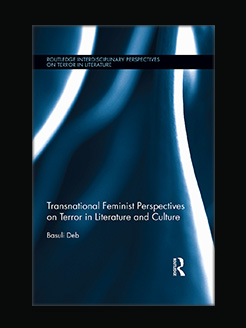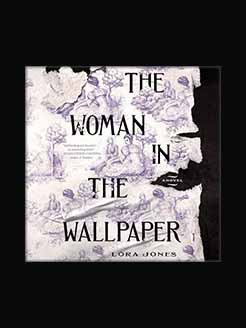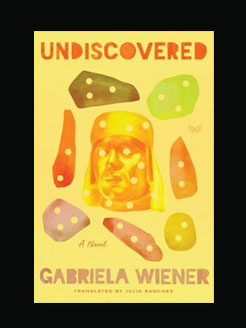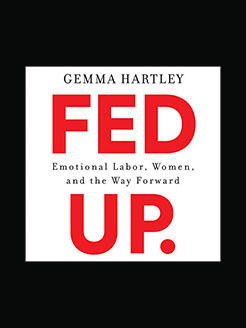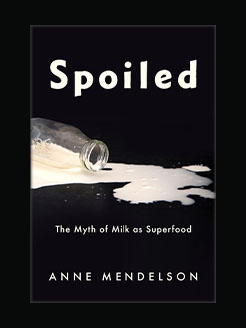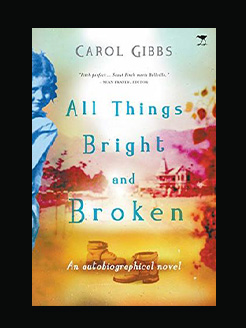Published in 2020 (first published 2018)
212 pages
Jenny Erpenbeck (born 1967 in East Berlin) is a German director and writer. Jenny is the daughter of the physicist, philosopher and writer John Erpenbeck and the Arabic translator Doris Kilias. Her grandparents are the authors Fritz Erpenbeck and Hedda Zinner. In Berlin she attended an Advanced High School, where she graduated in 1985. She then completed a two-year apprenticeship as a bookbinder before working at several theaters as props and wardrobe supervisor.
From 1988 to 1990 Erpenbeck studied theatre at the Humboldt University of Berlin. In 1990 she changed her studies to Music Theater Director (studying with, among others, Ruth Berghaus, Heiner Müller and Peter Konwitschny) at the Hanns Eisler Music Conservatory. After the successful completion of her studies in 1994 (with a production of Béla Bartók’s opera Duke Bluebeard’s Castle in her parish church and in the Kunsthaus Tacheles, she spent some time at first as an assistant director at the opera house in Graz, where in 1997 she did her own productions of Schoenberg’s Erwartung, Bartók’s Duke Bluebeard’s Castle and a world premiere of her own piece Cats Have Seven Lives. As a freelance director, she directed in 1998 different opera houses in Germany and Austria, including Monteverdi’s L’Orfeo in Aachen, Acis and Galatea at the Berlin State Opera and Wolfgang Amadeus Mozart’s Zaide in Nuremberg/Erlangen.
In the 1990s Erpenbeck started a writing career in addition to her directing. She is author of narrative prose and plays: in 1999, History of the Old Child, her debut; in 2001, her collection of stories Trinkets; in 2004, the novella Dictionary; and in February 2008, the novel Visitation. In March 2007, Erpenbeck took over a biweekly column by Nicole Krauss in the Frankfurter Allgemeine Zeitung. Erpenbeck lives in Berlin with her son, born 2002.
What is this book about?
A collection of highly personal and poetic essays about life, literature, and politics
Jenny Erpenbeck’s highly acclaimed novel Go, Went, Gone was a New York Times notable book and launched one of Germany’s most admired writers into the American spotlight. In the New Yorker, James Wood wrote: “When Erpenbeck wins the Nobel Prize in a few years, I suspect that this novel will be cited.”
On the heels of this literary breakthrough comes a book of personal, profound, often humorous meditations and reflections. Erpenbeck writes, “With this collection of texts, I am looking back for the first time at many years of my life, at the thoughts that filled my life from day to day.”
Starting with her childhood days in East Berlin (“I start with my life as a schoolgirl … my own conscious life begins at the same time as the socialist life of Leipziger Strasse”), Not a Novel provides a glimpse of growing up in the GDR and of what it was like to be twenty-two when the wall collapsed; it takes us through Erpenbeck’s early adult years, working in a bakery after immersing herself in the worlds of music, theater, and opera, and ultimately discovering her path as a writer.
There are lively essays about her literary influences (Thomas Bernhard, the Brothers Grimm, Kafka, and Thomas Mann), unforgettable reflections on the forces at work in her novels (including history, silence, and time), and scathing commentaries on the dire situation of America and Europe today. “Why do we still hear laments for the Germans who died attempting to flee over the wall, but almost none for the countless refugees who have drowned in the Mediterranean in recent years, turning the sea into a giant grave?”
